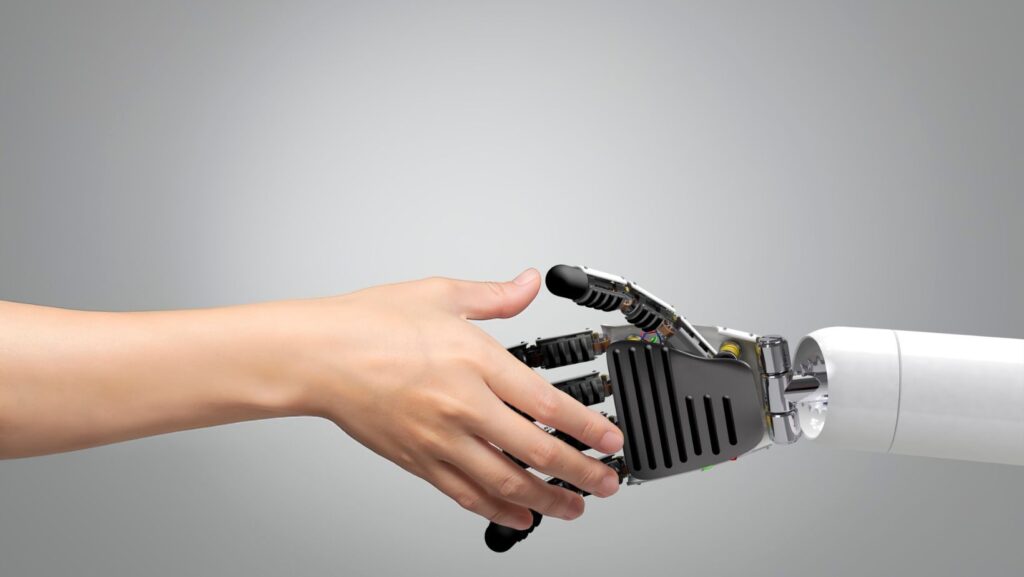
Artificial Intelligence (AI) is no longer just the domain of sci-fi movies or tech startups—it’s now playing a major role in the evolution of the gambling industry, particularly in modern slot machines. Once seen as simple, luck-based games, slot machines have transformed into complex, data-driven entertainment experiences, with AI at the heart of this transformation.
1. Personalized Gaming Experiences
One of the most significant ways AI is impacting slot machines is through personalization. Modern online slot platforms use AI algorithms to analyze player behavior—such as time spent playing, game preferences, bet sizes, and win/loss patterns. This data allows the system to recommend specific slot games tailored to individual preferences.
For example, a player who enjoys mythology-themed slots with frequent small wins may be guided toward similar titles, creating a more engaging and enjoyable experience. This level of personalization helps retain players by keeping them entertained with content that matches their style.
2. Dynamic Game Design and Difficulty Adjustment
AI enables real-time adjustment of certain game parameters based on a player’s interaction. While the randomness of slot outcomes (due to RNGs—Random Number Generators) is strictly regulated and cannot be manipulated, AI can influence aspects like:
- Bonus frequency appearance
- Visual effects intensity
- Audio settings
- In-game messages or animations
These dynamic elements can be subtly altered to make the gaming experience more immersive without affecting fairness. For example, if AI detects that a player is becoming disengaged, it might trigger a bonus mini-game or suggest a more interactive slot to reignite interest.
3. Responsible Gambling and Player Protection
AI is also becoming a powerful tool for promoting responsible gambling. Advanced algorithms monitor gameplay for signs of problematic behavior, such as:
- Chasing losses
- Drastic increases in betting size
- Extended play sessions without breaks
If such patterns are detected, the AI can automatically trigger warnings, suggest breaks, limit access to high-stake games, or even lock accounts temporarily—depending on the platform’s policies. This proactive approach helps protect vulnerable players and supports the industry’s ethical responsibility.
4. Predictive Analytics for Game Development
From a casino operator’s perspective, AI helps identify which slot games perform best and why. By analyzing player data and engagement metrics, developers can make informed decisions about:
- Which themes attract the most players
- What bonus structures are most engaging
- How payout frequencies influence player retention
These insights drive the creation of more appealing games, ultimately benefiting both players and operators. AI doesn’t just help optimize current titles—it helps shape the future of slot design.
5. Fraud Detection and Fair Play Enforcement
AI plays a crucial role in enhancing the security of online slot games. It can detect suspicious behavior that might indicate bot usage, account sharing, or manipulation attempts. Because AI can monitor thousands of player sessions simultaneously, it identifies patterns far faster and more accurately than humans.
Furthermore, machine learning models are used to audit RNGs and gameplay logs to ensure that outcomes remain fair and compliant with regulatory standards. This helps maintain player trust, which is critical in online gambling environments.
6. Chatbots and Player Assistance
Many modern online casinos feature AI-powered chatbots that assist players with game rules, troubleshooting, and account inquiries. When integrated into slot platforms, these bots can provide real-time help—like explaining how a bonus feature works or guiding a player through a jackpot system.
This level of instant, intelligent support improves the user experience and encourages longer, more satisfying play sessions.
The Future: AI-Generated Slot Content?
As AI-generated art and writing tools become more sophisticated, some developers are experimenting with AI to help create slot game assets. From spinning reels to background music, AI can help generate or enhance visual and audio elements. This doesn’t replace human creativity, but it can speed up production and bring fresh, unique content to the market.
Looking ahead, we may even see AI contribute to the procedural generation of entirely new game concepts—slot machines that evolve based on the player’s preferences and play history, offering a virtually endless variety of experiences.








